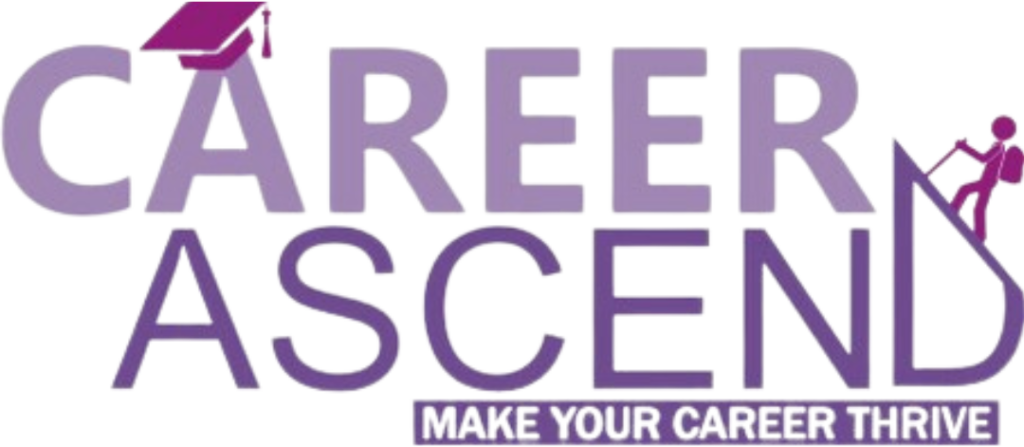Career counseling is a process of helping individuals explore, understand, and make informed decisions about their career paths.
It involves assessing various factors such as interests, values, skills, personality traits, and life circumstances to identify suitable career options and develop action plans to achieve career-related goals.
The right time to seek career counseling can vary depending on individual needs and circumstances. Here are some common scenarios when seeking career counseling may be beneficial:
1. High School or College Students:
Many students begin exploring career options during their high school or college years. Career counseling can help students clarify their interests, identify potential career paths, choose majors or courses that align with their goals, and plan for internships or other experiential learning opportunities.
2. Career Transitions:
People often seek career counseling when transitioning between jobs or industries, facing layoffs or downsizing, or considering a career change later in life.
Career counselors can provide support in assessing transferable skills, exploring new career options, and developing strategies for a smooth transition.
3. Mid-Career Professionals:
Mid-career professionals may benefit from career counseling when feeling stagnant or unfulfilled in their current roles, seeking advancement opportunities, or considering entrepreneurship or freelancing.
Career counselors can assist in evaluating career trajectories, refining goals, and devising plans for professional growth and development
4. Returning to Workforce:
Individuals re-entering the workforce after a period of absence, such as parents returning from parental leave or individuals returning after an extended break, may find value in career counseling.
Counselors can help assess skills, update resumes, explore flexible work options, and address any concerns or barriers to re-entry
5. Career Development and Advancement:
Even those satisfied with their current careers may seek career counseling to enhance their professional development, pursue promotions or leadership roles, or navigate workplace challenges.
Career counselors can provide guidance on skill-building, networking, negotiation, and strategies for ongoing career growth.
6. Retirement Planning:
As individuals approach retirement age, career counseling can help them transition smoothly into retirement by exploring post-retirement activities, volunteer opportunities, part-time work options, and lifestyle adjustments.
Conclusion
Ultimately, the right time to seek career counseling is whenever individuals feel uncertain, stuck, or in need of guidance regarding their career decisions and aspirations.
Whether at the beginning of one’s career journey, during a transition, or at any stage of professional development, career counseling can offer valuable insights, support, and resources to empower individuals in making informed and fulfilling career choices.



excellent points altogether, you simply gained a logo new
reader. What would you suggest about your publish that
you made some days in the past? Any sure?
Your words feel like a conversation with an old friend — intimate, thoughtful, and deeply human.